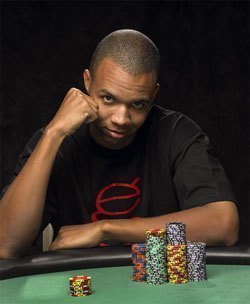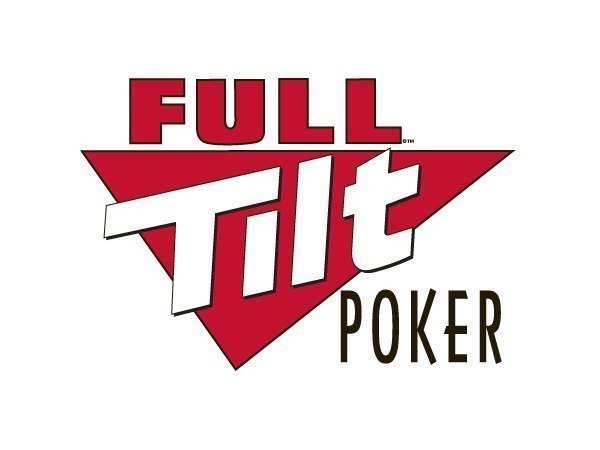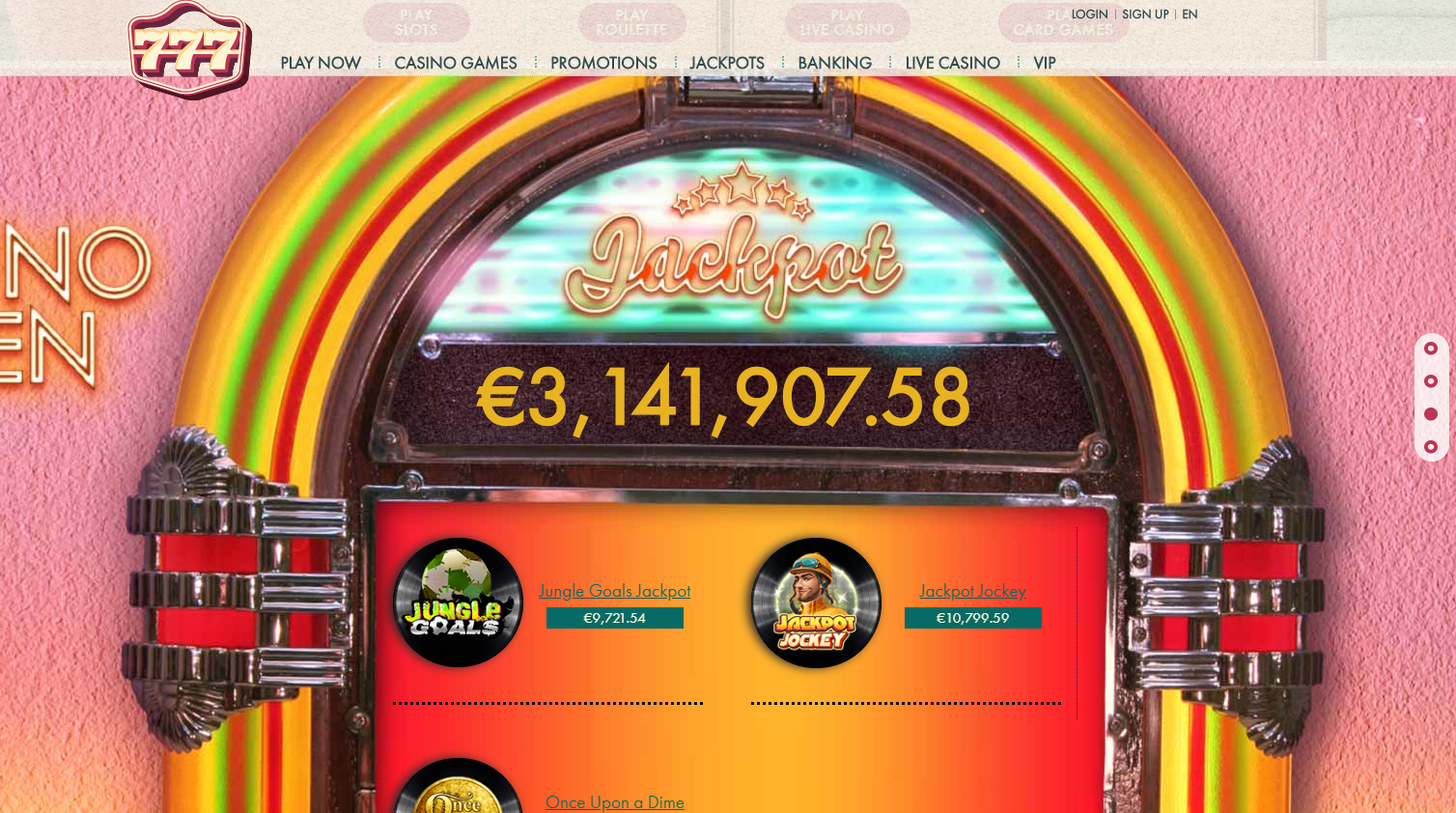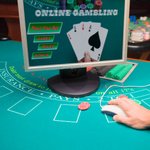
The casino operator that is originally licensed in Malta claims that Ivey and the gang participated in the Baccarat game to win $ 11.9 million illegally.
The case of Phil Ivey galvanized the whole world of professional Poker, which follows closely all the proceedings between Ivey and Genting Croup. This notorious game took place on the 21 of August, 2012 in one of the oldest and most respected casinos, Crockfolds.
A long-overdue debate was held last month, when Ivey filed a lawsuit against Genting Group in the High Court in London, the UK. His lawyers argued that the casino had refused to pay back the money he had won legally when playing Baccarat.
Representatives of the casino, on the other hand, insist that all the winnings Ivey claimed to be rightfully his were canceled because they were based on 'illegal actions.'
In March 2013 Genting Group announced its ambitious plans to build Resorts World Las Vegas at a cost between $2 - $7 billion in a place where the unfinished project of Echelon is currently situated. Genting Group is also the rightful owner of Resorts World Sentosa in Singapore and Resorts World in New York City.
Phil Ivey, who earned his 9th bracelet of World Series of Poker in Australia earlier this year at the Asia Pacific Tournament, owns a home in Las Vegas and shares the 4th place with Johnny Moss when it comes to counting the champion’s bracelets. Ivey earned more than $6 million in the competitions of the World Series and won more than $14 million in his career of tournaments.
Ivey, who was associated with Full Tilt Poker, did not participate in the World Series of Poker after Black Friday in 2011, when the feds launched an attack on Internet Poker. He returned to play in the tournament last year, reaching five final tables in separate events.

Normally, Phil Ivey avoids any contacts with the press, but on Wednesday he issued a solid statement through his lawyer, denying any fraud had taken place. 'The fact that I decided to start a trial is an evidence in favour of the legality of my victory,' he said.
Ivey asked a large fan base and a several charitable organisations to raise awareness of the matter.
Casino group returned the favour by claiming that Ivey used illegal tricks to win. According to the group, he was able to create a 'significant advantage' over the casino with the use of deception in order to determine whether the first card dealt was strong or weak.
Court documents state that punto from 6 to 8 in the decks of cards were placed in a 'shoe' (special mechanical device). The goal of each hand, which consists of two or three cards, is to get the value closest to nine. The best cards to have in the combination are 7-8 or 9 and 10.
A player can bet on his victory, on the victory of the dealer or on a draw.
The Court documents state that Ivey and his accomplice found a 'shoe' which contained a deck of cards with an asymmetrical design. Casino staff didn’t suspect anything as an accomplice spoke with the dealer in Cantonese and pretended to be a highly superstitious man who changes the method of placing his cards.
Long story short, the dealer sorted the cards randomly so that the 7,8 and 9 were distinguishable from other cards. Therefore, Ivey was able to win the game.
Either way, the court will determine whether Phil Ivey is guilty or not.
You might find the following games interesting:




